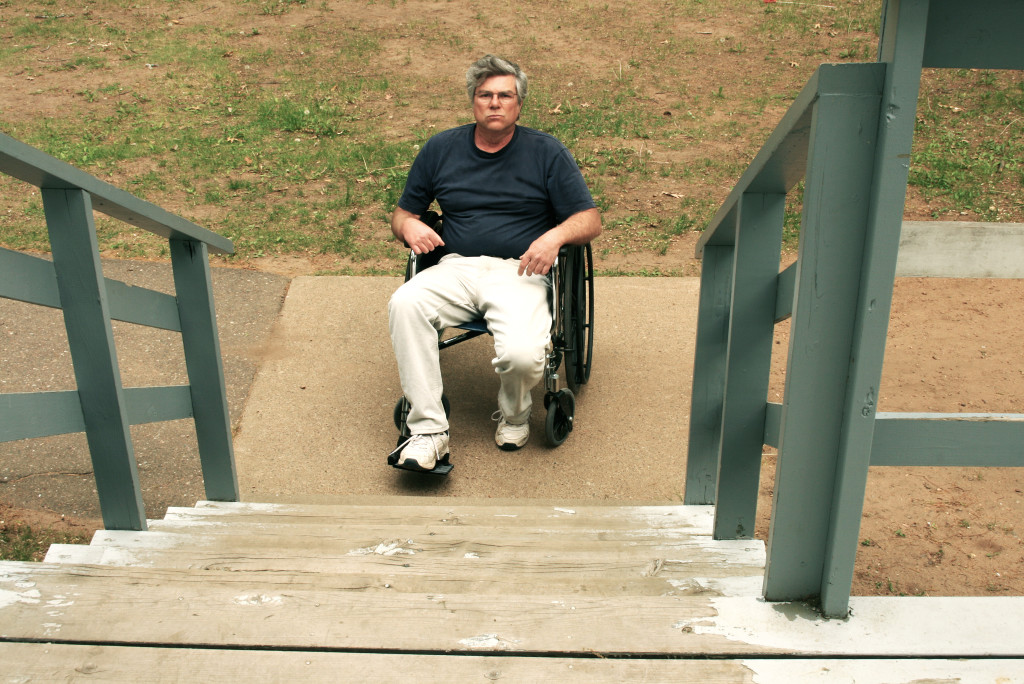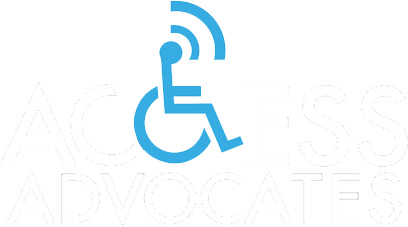 Living your life from a seated position is difficult to say the least, also being limited to where you can go and what you can do makes it more so. There are 3.6 million Americans in wheelchairs, yet wheelchair access is still an ongoing issue. The Americans with Disabilities Act (ADA) was enacted by Congress in 1990, over 24 years ago, so there should no longer be wheelchair access issues, right?
Living your life from a seated position is difficult to say the least, also being limited to where you can go and what you can do makes it more so. There are 3.6 million Americans in wheelchairs, yet wheelchair access is still an ongoing issue. The Americans with Disabilities Act (ADA) was enacted by Congress in 1990, over 24 years ago, so there should no longer be wheelchair access issues, right?
Wrong. Many people just don’t get it. If you don’t live the life of a person with limited mobility, it can be difficult to understand the many limitations faced daily by Americans in wheelchairs. Offering a sprinkling of accessible parking spaces just isn’t gonna cut it.
Wheelchair accessible parking is looked on with great envy by many due to its placement in close proximity to a building. What many do not understand is that it is not just the proximity of accessible parking that is key, but the width of the spaces which makes them crucial to people with disabilities. Have you ever tried to get a shopping cart between two wedged vehicles? Imagine trying to get a wheelchair between them! It is difficult if not impossible, and people in wheelchairs are often forced to wait until they can gain access to their vehicle in order to just leave a parking lot.
Does having accessible parking make your business ADA compliant? Of course not. As mentioned above, all too often you can’t even use an accessible parking space as one is not available. Having a ramp to get up to the door, being able to get through the door, being able to move about unhindered while inside the building, being able to get into the restroom if a public bathroom is on the premises, etc. Together, all of these things will make a building accessible. This type of accessibility will give a person in a wheelchair so much more than just entry. It will give them freedom.
Being ADA compliant isn’t asking for the moon. ADA compliance allows all citizens full and open access to society, self-reliance, and freedom to live: access to enter the courthouse to serve on a jury, access to businesses to work and earn a living and support ones family, access to meet basic human needs, access to restaurants, theaters, parks, and other lifestyle venues to enjoy time with family and friends.
If you are one of the many physically challenged Americans facing accessibility issues in your neighborhood, forcing you to rely on others and limiting your freedoms, contact us about how we can help you advocate to improve accessibility and your life.
